The Infosys Prize awardees this year were felicitated on 2 December, 2021. They represent the different disciplines of Engineering and Computer Science, Humanities, Life Sciences, Mathematical Sciences, Physical Sciences, and Social Sciences. The awardees have been recognised and lauded for extraordinary contributions in their respective fields.

In a virtual ceremony on 2 December, 2021, the Infosys Science Foundation (ISF) announced the winners of the Infosys Prize 2021. The laureates were chosen by a select jury of eminent leaders from a pool of 201 candidates, representing six categories: Engineering and Computer Science, Humanities, Life Sciences, Mathematical Sciences, Physical Sciences, and Social Sciences. The awardees were presented with a gold medal, a citation for contributions to their field of study, and a cash award of USD 100,000.
Every year, the Infosys Prize celebrates outstanding achievements in contemporary science and research and sets up the awardees as role models to promote an environment of scientific enquiry among Indian youth.
“Given the size of India and India’s population, even if you have a small percentage of people who become passionate about science, that can really change the number of scientists that we can have in the country,” said Gagandeep Kang (Chief Guest, and Infosys Prize laureate in 2016). Kang spoke about how in the past few centuries, and likely in the future, the history of the world has and will be shaped by countries that lead in science and intellectual exploration. “For any nation and society, world-leading science is a matter of prestige and a contribution to excellence in the country and the world. Recognition of exploration, innovation, and response to scientific and societal challenges is the goal of the Infosys Prize. Awards such as these create role models of science and scholarship that future generations can emulate,” she added.
The laureates
Chandrasekhar Nair
Chief Technical Officer, Molbio Diagnostics, Bengaluru
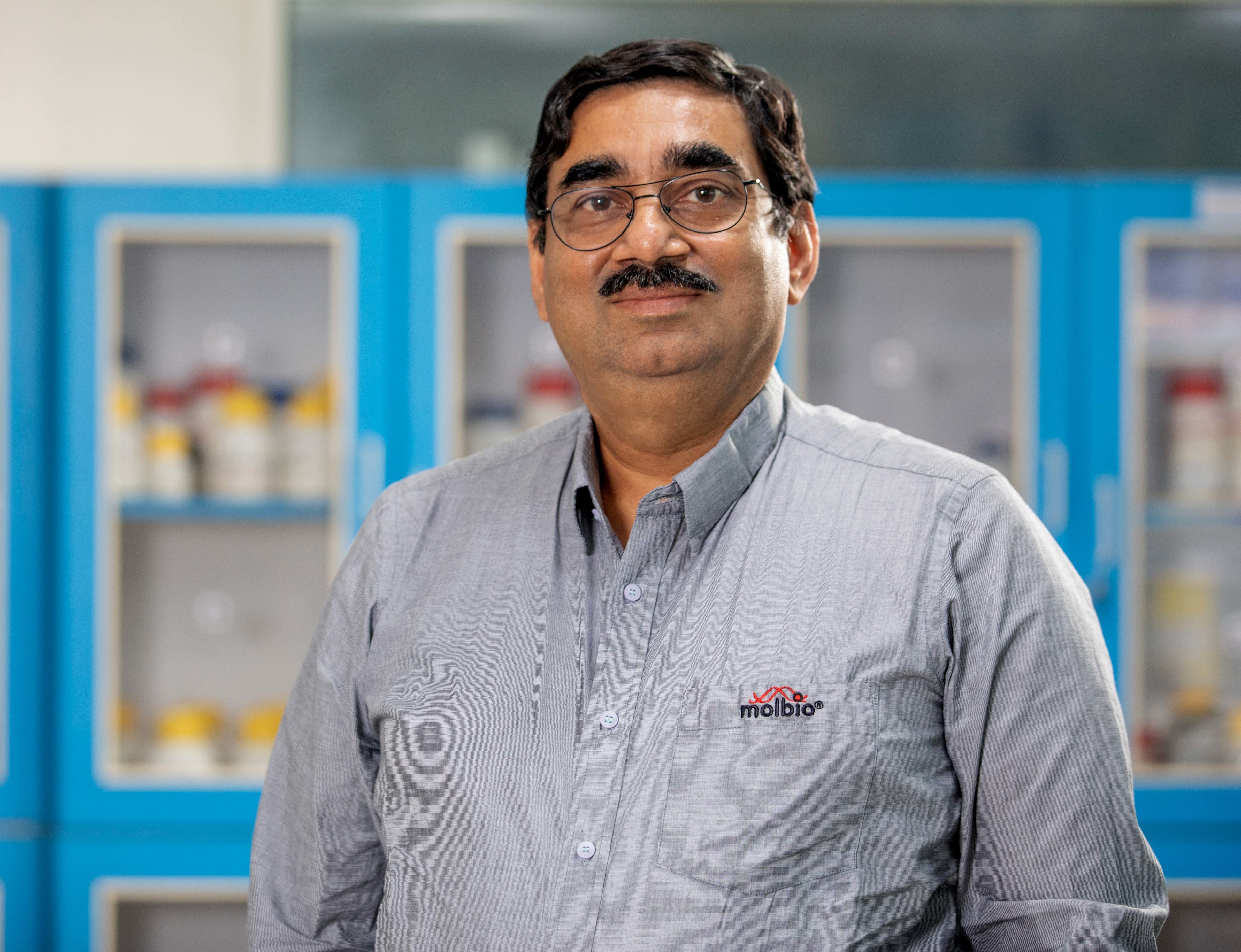
The Infosys Prize 2021 in Engineering and Computer Science was awarded to Chandrasekhar Nair for the development and large-scale deployment of TrueNat, a revolutionary point-of-care testing platform for polymerase chain reaction (PCR)-based diagnostics. The Chair for this category, Aravind, spoke about how TrueNat has enabled rapid testing for COVID-19 and tuberculosis in India and other resource-limited countries.
TrueNat is a battery-operated, rugged, field-usable PCR device that requires minimal training of operators. It can test for more than 30 diseases within an hour even in resource-limited settings. This rapid testing system enables point-of-care testing for early detection of diseases, which is crucial for faster recovery and breaking the chain of community spread.
Ângela Barreto Xavier
Senior Researcher, Institute of Social Sciences, University of Lisbon, Portugal
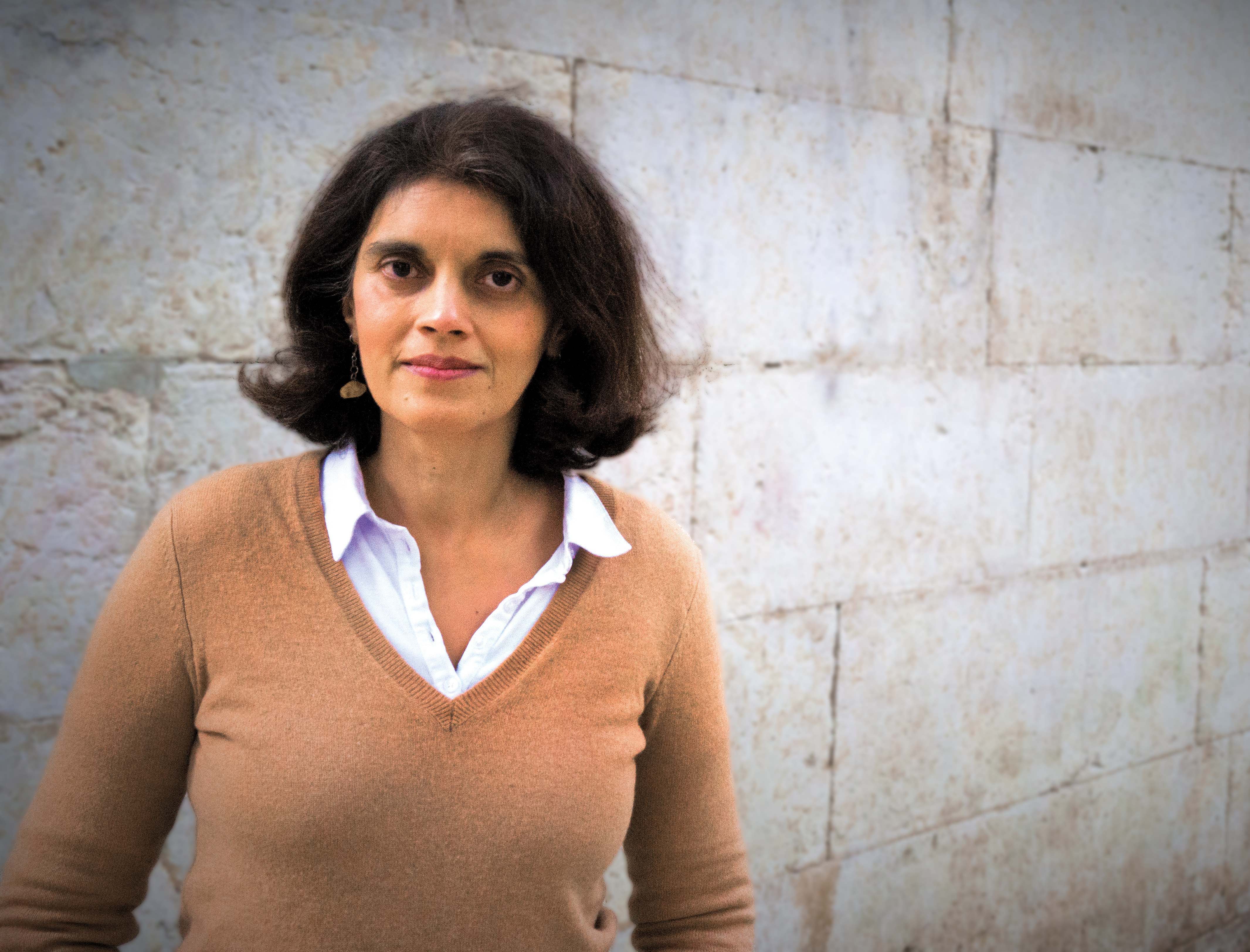
Ângela Barreto Xavier was awarded the Infosys Prize 2021 in Humanities for her in-depth research into the history of conversion and violence in the Portuguese empire in India, especially Goa. The Chair for Humanities, Akeel Bilgrami, said that Xavier’s sophisticated analysis and extensive writing on the subject (in English and Portuguese) have made her an important voice on colonial and imperial history.
Xavier’s work includes investigations into the history of political ideas, and the cultural history of early-modern empire, especially those involving religion, science, power, and cultural geopolitics.
Mahesh Sankaran
Professor, National Centre for Biological Sciences, Bengaluru
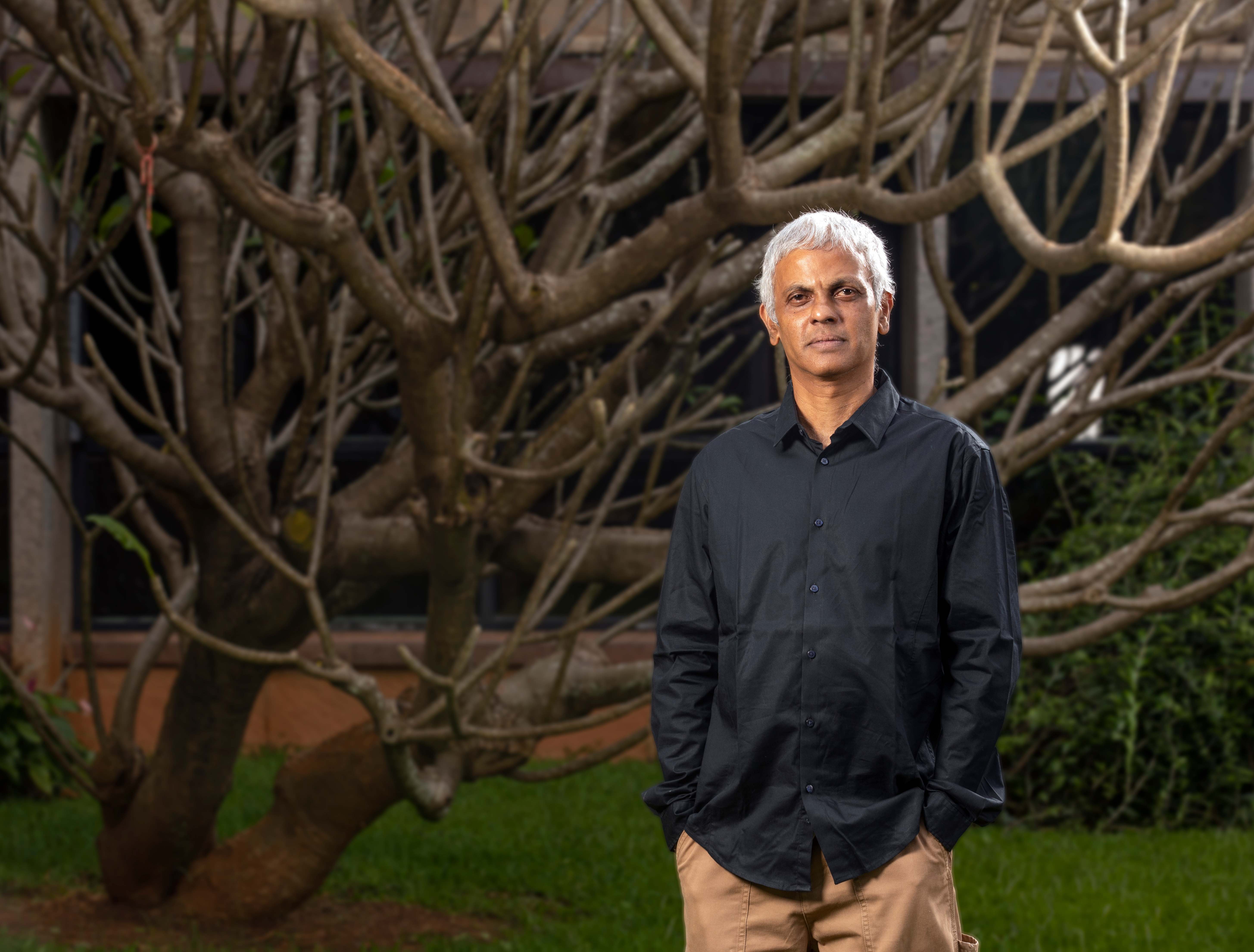
The Infosys Prize 2021 in Life Sciences was awarded to Mahesh Sankaran for his pioneering research on the ecology of tropical savanna ecosystems and the biodiversity of Indian ecosystems such as the Western Ghats. The Chair for this category, Mriganka Sur, spoke about how Sankaran’s involvement in international reports on climate change and biodiversity have impacted rational conservation strategies.
Sankaran has worked extensively in Africa and India on long-term changes in grasslands and tropical rainforests. His current interests are focused on savanna structure and function; long-term dynamics, land-use changes, and ecosystem services in tropical rainforests; climate change and ecosystem dynamics in high-altitude grasslands and dry savannas; and transitions from grasslands to forests.
Neeraj Kayal
Principal Researcher, Microsoft Research Lab, Bengaluru

Neeraj Kayal won the Infosys Prize 2021 in Mathematical Sciences for his contributions to computational complexity. The Chair for this category, Chandrashekhar Khare, explained that Kayal’s theoretical work on complexity theory provides the mathematical tools to understand the efficiency and limitations of algorithms that are vital to modern life.
Kayal’s innovative and extensive work on algebraic computation includes the development of lower bound techniques, proving the limitations of this natural model. He has also designed efficient algorithms for reconstruction and equivalence of such algebraic circuits.
Bedangadas Mohanty
National Institute of Science Education and Research, Bhubaneswar
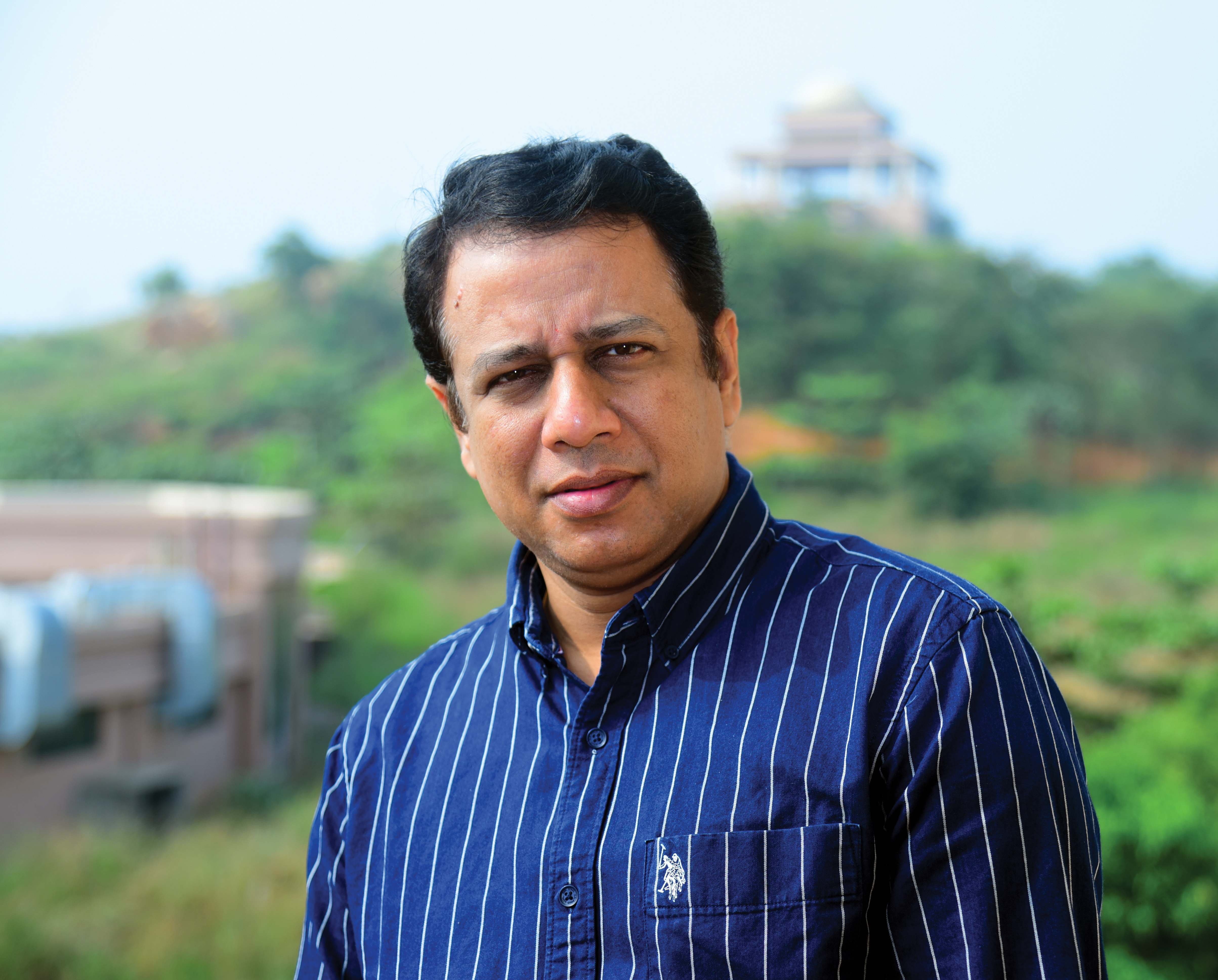
Bedangadas Mohanty won the Infosys Prize 2021 in Physical Sciences for his investigations of the nuclear force. The Chair for Physical Sciences, Shrinivas Kulkarni, spoke about how Mohanty’s work contributes invaluable knowledge that forms the basis of exciting work done by astronomers, nuclear
chemists, physicists, and anyone who studies or uses nuclear energy.
At the Brookhaven National Laboratory and the European Organization for Nuclear Research (CERN), Mohanty determined the transition temperature of the quark-gluon plasma to hadronic matter, observed heavy antimatter nuclei, nuclear spin-orbital angular momentum interactions, and other effects in quark-gluon plasma.
Pratiksha Baxi
Associate Professor, Centre for the Study of Law and Governance, Jawaharlal Nehru University, New Delhi
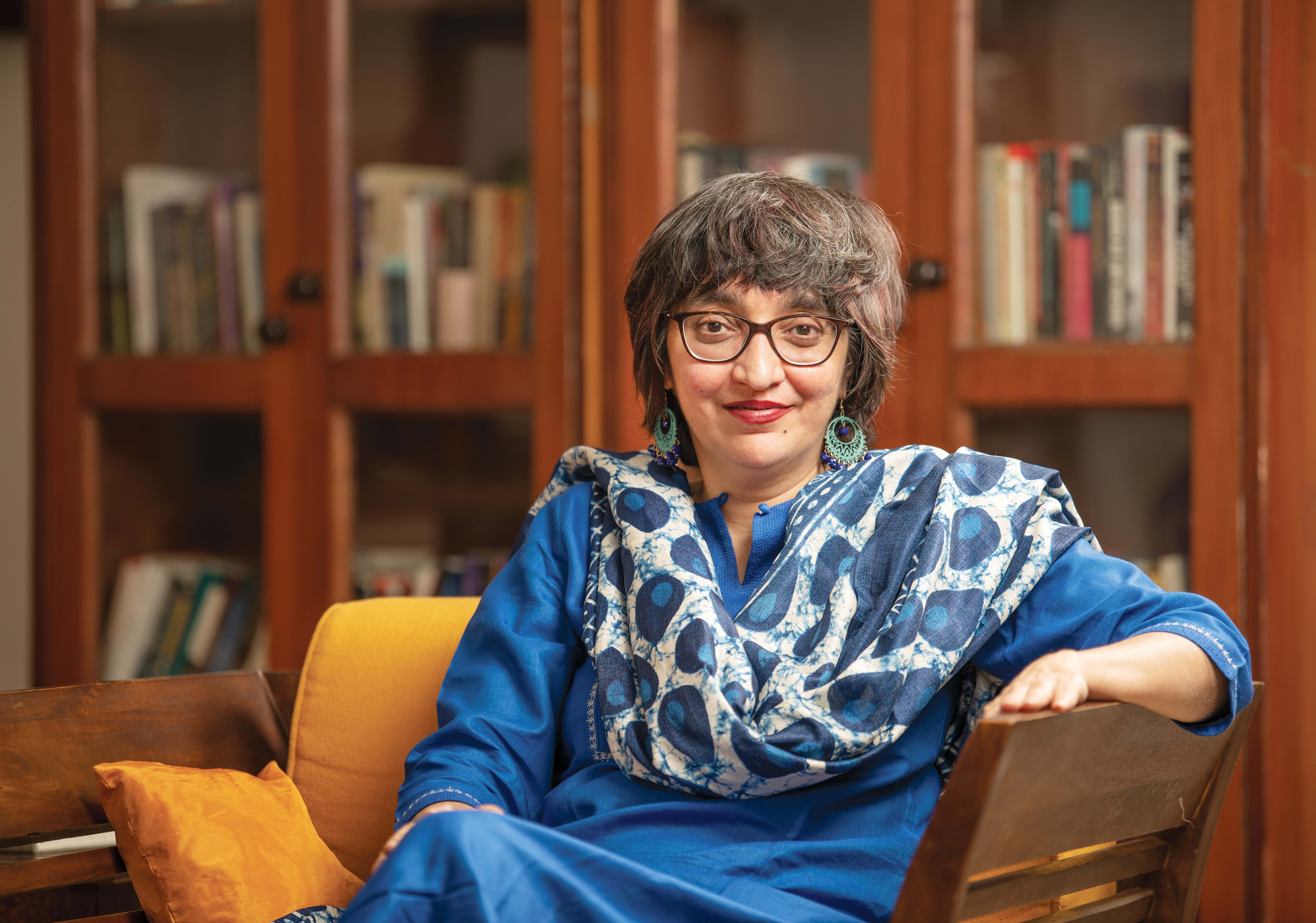
Pratiksha Baxi was awarded the Infosys Prize 2021 in Social Sciences for her pioneering work on sexual violence and jurisprudence. The Chair for this category, Kaushik Basu, spoke about how Baxi’s work brilliantly combines legal studies, sociology, and anthropology and has profoundly influenced a growing field of inquiry into the social life of law.
Baxi’s extraordinary ethnographic research and meticulous analysis reveal how gender-based violence is reproduced by judicial practice.
Speaking about the history of the Infosys Prize, Kris Gopalakrishnan, President of ISF, said that over the last 13 years, the Foundation has recognised excellence in research and scholarship. He highlighted that in research, results may not always be immediately apparent; however, the long arc of knowledge, discovery, and invention can benefit mankind in unexpected ways as with the case of mRNA vaccines during the COVID-19 crisis. “By recognizing and celebrating the creativity and innovation of these remarkable individuals, we hope to inspire and encourage others and society at large. With the Infosys Prize, we not only reward apparent breakthroughs but also the far-reaching potential of the work of these stellar researchers and scholars,” he added.